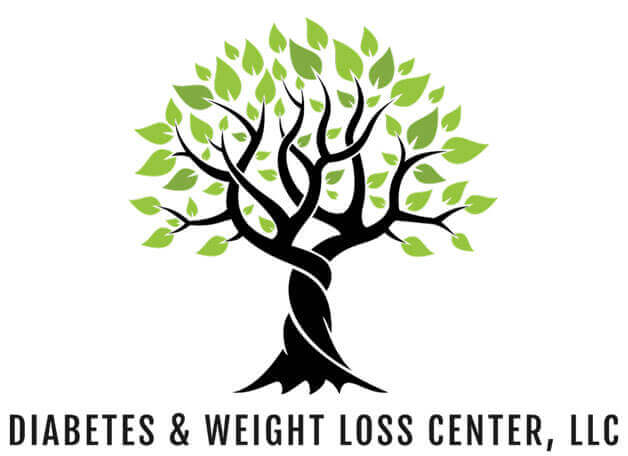A physical exam is one of the most effective ways to monitor your health and detect potential issues early. Both men and women can benefit greatly from routine checks, as they serve as an opportunity for the healthcare provider to assess their overall well-being and offer personalized medical advice.
Here is everything you need to know about physical exams for women and men, including what to expect, why they are important, and how they can help you take control of your health.
What Is a Physical Exam
A physical exam, sometimes called an annual checkup, is a comprehensive health assessment performed by a healthcare provider. It is designed to evaluate your general health, screen for illnesses, and address specific health concerns.
Physical exams for women may include different assessments than physical checkups for men, depending on age, medical history, and individual risk factors.
Why Are Physical Exams Important
Routine physical exams are essential for several reasons. They help detect health problems before they become serious and allow your provider to guide you on maintaining or improving your health.
Additionally, they are vital for early diagnosis and effective management of chronic conditions like heart disease, diabetes (type 1 or type 2), or hypertension.
For women, physical exams provide screenings for conditions such as breast cancer, cervical cancer, and hormone imbalances. For men, they often include screenings for conditions like prostate cancer and cardiovascular health.
A personalized physical exam ensures you receive care tailored to your unique needs.
What Happens During a Physical Exam
A physical exam is a comprehensive evaluation of your overall health, designed to identify potential health concerns early and promote preventive care. Here is what typically happens during the process:
Medical History
Your healthcare provider will discuss your medical history in detail, including:
- Past illnesses, surgeries, and injuries.
- Current medications and supplements.
- Family health history to identify genetic risk factors.
- Lifestyle habits such as diet, exercise, smoking, and alcohol consumption.
Vital Signs Check
Key indicators of your current health will be assessed, including:
- Blood Pressure: To detect risks of hypertension or heart issues.
- Heart Rate: To monitor your cardiovascular health.
- Temperature: To rule out infections or fever.
- Respiratory Rate: To check for breathing irregularities.
Physical Assessment
Your provider will perform a detailed examination of your body to detect any abnormalities:
- Heart and Lungs: To listen for murmurs, irregular heartbeat, or breathing problems.
- Abdomen: To check for pain, swelling, or organ irregularities.
- Skin: To detect rashes, lesions, or other visible health indicators.
- Ears, Nose, and Throat: To identify infections or structural issues.
Laboratory Tests
Depending on your age, symptoms, or risk factors, your provider may recommend tests such as:
- Blood Tests: To monitor cholesterol, blood sugar, iron levels, and organ function.
- Urine Tests: To check for infections, kidney health, or other conditions.
- Specialized Tests: For hormone levels, thyroid function, or other specific concerns.
Vaccinations
Your vaccination history will be reviewed to ensure you are up-to-date. Based on age, health risks, or travel plans, your provider may recommend vaccines such as:
- Flu shot
- Tetanus booster
- HPV, shingles, or pneumonia vaccines
Additional Checks for Women
Physical exams for women often include health checks that align with specific needs, such as reproductive health and hormonal wellness. These checks may include the following:
- Pap Smear: A provider collects a sample of cells from the cervix to screen for cervical cancer.
- Clinical Breast Exam: A manual examination of the breasts and underarms to check for lumps or unusual changes.
- Bone Density Tests: Women over 50 or those at risk for osteoporosis may undergo bone density scans.
Additional Checks for Men
For men, physical checkups often focus on areas like prostate health and cardiovascular wellness. These may include the following tests:
- Prostate Exam: Providers perform a digital rectal exam to detect an enlarged prostate or prostate cancer.
- Testicular Exam: A manual exam to identify lumps, changes, or abnormalities in the testicles.
How Often Should You Have a Physical Exam
Most healthcare providers recommend an annual checkup to stay proactive about your health. However, specific needs may vary:
- Young Adults (18–40 years): Every 1–3 years, depending on medical history.
- Middle-Aged Adults (40–65 years): Every year, as health risks typically increase with age.
- Older Adults (65+ years): Annual assessments are essential to monitor for chronic conditions and age-related issues.
It is also advisable to schedule physical exams sooner if you experience symptoms like unexplained weight loss, persistent fatigue, or unusual pain.
Physical Exams for Women and Men in Oviedo, FL
Routine physical exams for women and physical checkups for men are the foundation of good health. They empower you to detect health issues early, make proactive lifestyle changes, and receive personalized care tailored to your needs.
Whether you are due for your annual checkup or looking to learn more about maintaining your health, schedule an appointment with a provider you trust.
At the Diabetes & Weight Loss Center, we are dedicated to helping you achieve your health goals. From detailed assessments to compassionate care, our team, led by Dr. Adriel Perez, DNP, A-APRN, FNP-C, is here every step of the way.
Dr. Perez is fluent in both English and Spanish, ensuring communication in the language you feel most comfortable with.
Call us today at (407) 890-1876 or use our appointment request form to schedule a consultation with our board-certified provider. We look forward to serving you!


